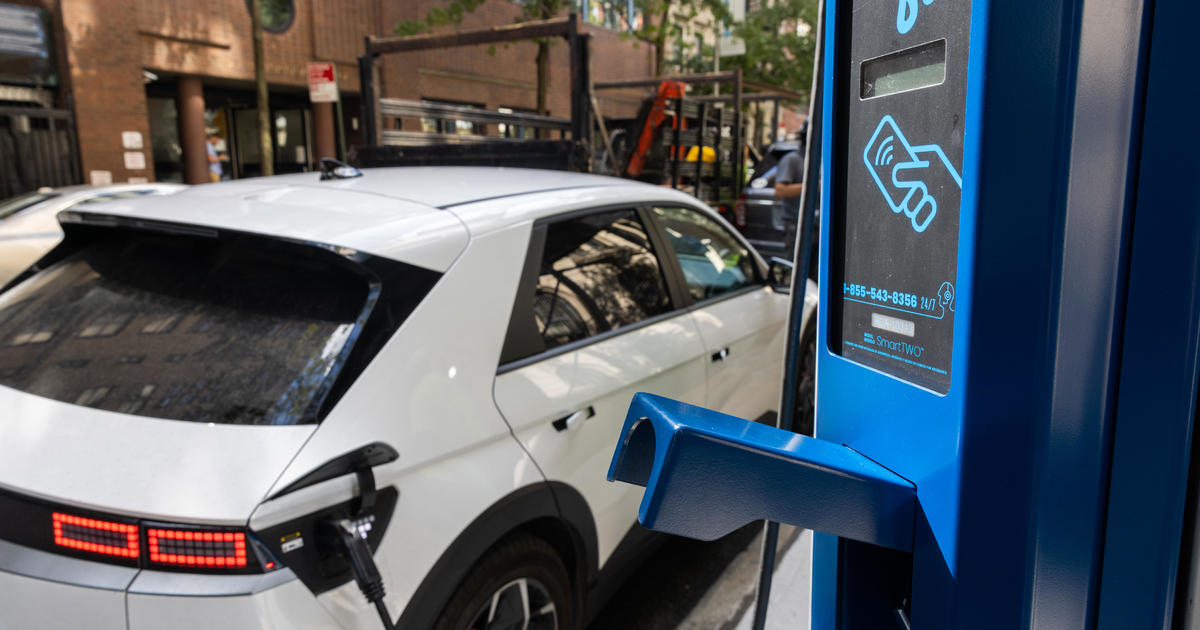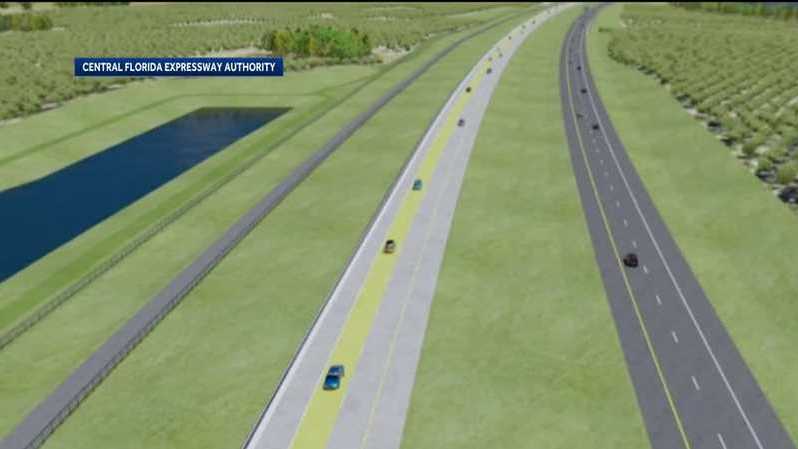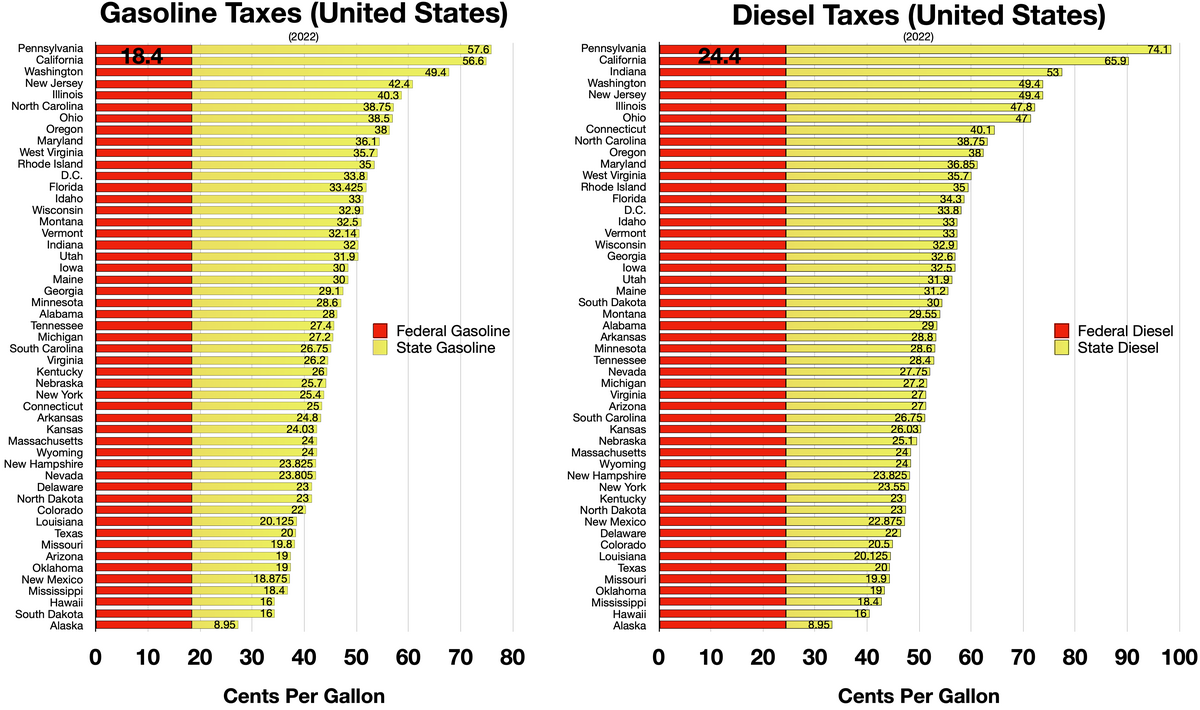Electric vehicles are billed as providing a more earth-friendly driving option. But not all EVs are created equal, with a new Consumer Reports study finding that about half fall short of their driving ranges as estimated by the Environmental Protection Agency.
That's a potential issue for EV owners on long-distance trips, who could find themselves running out of juice sooner than they expected. The vehicle ranges are advertised in window stickers that say how far they'll go on a full charge and are overseen by the EPA.
Finding reliable charging stations can be a challenge for EV owners when they're far from home and in unfamiliar territory, Alex Knizek, manager of auto testing and insights at Consumer Reports, told CBS MoneyWatch. The consumer organization tested 22 of the most popular EVs on the number of miles they can travel on the highway without a charge.
"Range is one thing that we know a lot of consumers care about," Knizek said. "Charging anxiety becomes a prominent thing — a charger might be broken or maybe charging at a lower rate than advertised."
Consumer Reports drove the vehicles until they ran out of juice, examining how long they traveled until their charge was exhausted, Knizek said. Some EVs fell 50 miles short of their advertised ranges, although some exceeded their estimated ranges, with one vehicle outperforming by 70 miles.
"Having a longer range is more of a convenience — you probably won't get stranded," he said. "If you plan to take long trips, that's where it becomes more impactful and where this information shines."
Consumer Reports said it tested the vehicles during the summer in temperatures ranging from 70 to 90 degrees with clear weather, the most favorable conditions for EVs since driving in the cold can shorten an electric vehicle's range. It also inspected tires for wear, which can impact range, and checked their air pressure.
The advocacy group added that it didn't test some vehicles from Chevrolet, Nissan, Polestar, Tesla and Rivian because it doesn't own them or they don't meet all their standards for testing.
For instance, the 2023 Mercedes-Benz EQE 350 4Matic had the greatest overperformance, with the vehicle traveling an extra 72 miles beyond its EPA-estimated driving range of 260 miles, Consumer Reports found.
The biggest difference in range on the negative side was the Ford F-150 Lightning pickup trucks, with Consumer Reports finding that its battery ran out after 270 miles — 50 miles short of the EPA estimate.
The research comes on the heels of CR's findings that EVs have 80% more problems and are generally less reliable than cars with conventional internal combustion engines. Buyers can now take advantage of a federal tax credit worth up to $7,500 for purchasing an EV and as automakers roll out a host of new models, which is spurring some interest in the vehicles.

 www.cbsnews.com
www.cbsnews.com
That's a potential issue for EV owners on long-distance trips, who could find themselves running out of juice sooner than they expected. The vehicle ranges are advertised in window stickers that say how far they'll go on a full charge and are overseen by the EPA.
Finding reliable charging stations can be a challenge for EV owners when they're far from home and in unfamiliar territory, Alex Knizek, manager of auto testing and insights at Consumer Reports, told CBS MoneyWatch. The consumer organization tested 22 of the most popular EVs on the number of miles they can travel on the highway without a charge.
"Range is one thing that we know a lot of consumers care about," Knizek said. "Charging anxiety becomes a prominent thing — a charger might be broken or maybe charging at a lower rate than advertised."
Consumer Reports drove the vehicles until they ran out of juice, examining how long they traveled until their charge was exhausted, Knizek said. Some EVs fell 50 miles short of their advertised ranges, although some exceeded their estimated ranges, with one vehicle outperforming by 70 miles.
"Having a longer range is more of a convenience — you probably won't get stranded," he said. "If you plan to take long trips, that's where it becomes more impactful and where this information shines."
Consumer Reports said it tested the vehicles during the summer in temperatures ranging from 70 to 90 degrees with clear weather, the most favorable conditions for EVs since driving in the cold can shorten an electric vehicle's range. It also inspected tires for wear, which can impact range, and checked their air pressure.
The advocacy group added that it didn't test some vehicles from Chevrolet, Nissan, Polestar, Tesla and Rivian because it doesn't own them or they don't meet all their standards for testing.
Best and worst driving ranges
The vehicles that performed better than their EPA-estimated driving ranges were from BMW and Mercedes-Benz, the analysis found.For instance, the 2023 Mercedes-Benz EQE 350 4Matic had the greatest overperformance, with the vehicle traveling an extra 72 miles beyond its EPA-estimated driving range of 260 miles, Consumer Reports found.
The biggest difference in range on the negative side was the Ford F-150 Lightning pickup trucks, with Consumer Reports finding that its battery ran out after 270 miles — 50 miles short of the EPA estimate.
The research comes on the heels of CR's findings that EVs have 80% more problems and are generally less reliable than cars with conventional internal combustion engines. Buyers can now take advantage of a federal tax credit worth up to $7,500 for purchasing an EV and as automakers roll out a host of new models, which is spurring some interest in the vehicles.

EVs don't always achieve their driving ranges. Here are Consumer Reports' best and worst performers.
New Consumer Reports study finds that about half of electric vehicles fell short of their EPA-estimated driving ranges.




